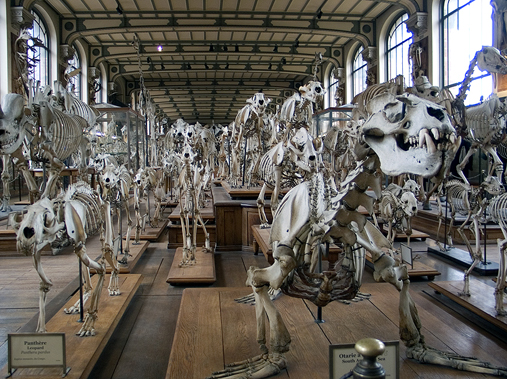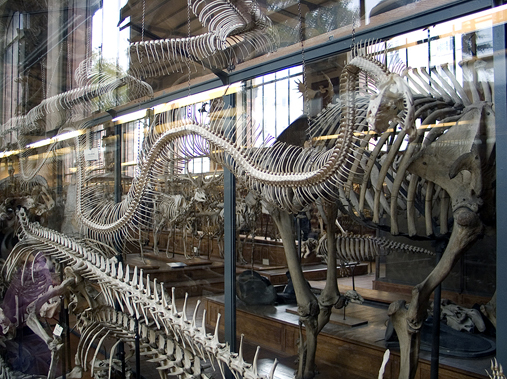Just writing (below) to Barbara Campbell (1001 Nights Cast) about my own work with Forced Entertainment which circles some of the same territory by very different means, titled And on the Thousandth Night…. Wondering now about how these simple rule-based performance pieces are so hard to describe. I guess it’s something about the balance between the explicit rules and the ones which are more implicit/unspoken; ‘rules’ created in fact by having a shared sensibility and frame of references. I guess this kind of shared knowledge is really important to a work like And on the Thousandth Night…, a fact that’s something like the flip-side of what I was writing about in the Notebook here.
And on the Thousandth Night… is entirely improvised. The only rider to that is that over the years we have done it people have ‘favourite’ narratives/things they like to work with. These though have to fight and find their place in a structure that is always emerging in live negotiation and strife.
The piece works as a game. One player begins “Once up a time…” or “there was once…” and starts to tell a story. Once it has begun any other player can interrupt *at any point* with the word STOP after which, and starting with “Once up a time…” or “there was once…” begins their own narrative. This process continues, with 8 players/performers, usually for 6 hours. The audience can arrive, depart and return any time they like.
Within the rules of the game (as above) we play a kind of compositional thing – some stories are allowed to go long – 5-8 minutes I guess. Others are cut short (“Once upon a time there was a man…” being an amusingly short story).
There are a few rules re the stories themselves – no names for people, countries, cities etc. Instead: A policeman, an unhappy queen or a prince or a famous motorcycle stunt rider. A town far away, a small country etc. This means everything takes place in generic story-universe, slightly folk-tale in feel, which serves to level the ground between contemporary stories about love, outsourcing, gardening etc and evidently folk-loric or fairy story-like tales about princesses and dwarves or gothic horrors, or murder stories or sci-fi adventures involving spaceships.We constantly invoke, shift, disrupt and disturb genre in the piece and, in addition to these moves, quote liberally (and incompetently) from narratives we can remember from movies, traditional tales, recently-read fiction and elsewhere. People often steal or reinterpret elements from each others stories, and come back to stories they have begun elsewhere in the piece. Every time a player speaks tho they are obliged to begin at the beginning. There’s no sense in which we are collaborating to make *a* story – instead many many competing narratives and versions of those narratives are proposed.
We try to balance the preposterous competitive atmosphere of interruption and general fooling around with allowing space for stories that actually work, or have space to get somewhere even tho no story is ever ever allowed to complete. We try to keep the tone fluid – comical one moment, horrific, tense or intimate or banal the next. It’s not unusual for performers to start telling a story about which they know nothing other than the first sentence… The ‘game’ of the piece is very much about the process of live invention – the desire, struggle and obligation to make something happen, using words.

